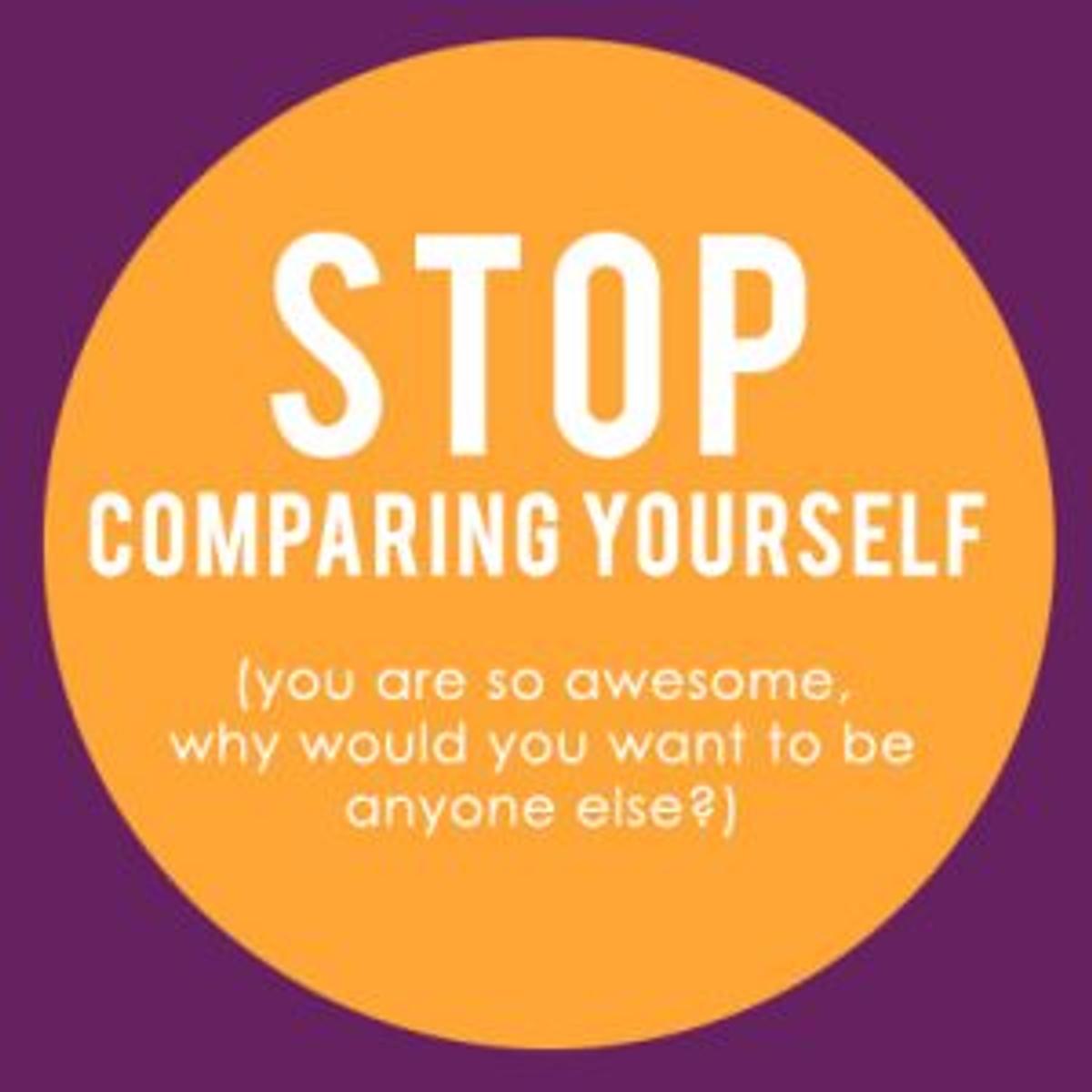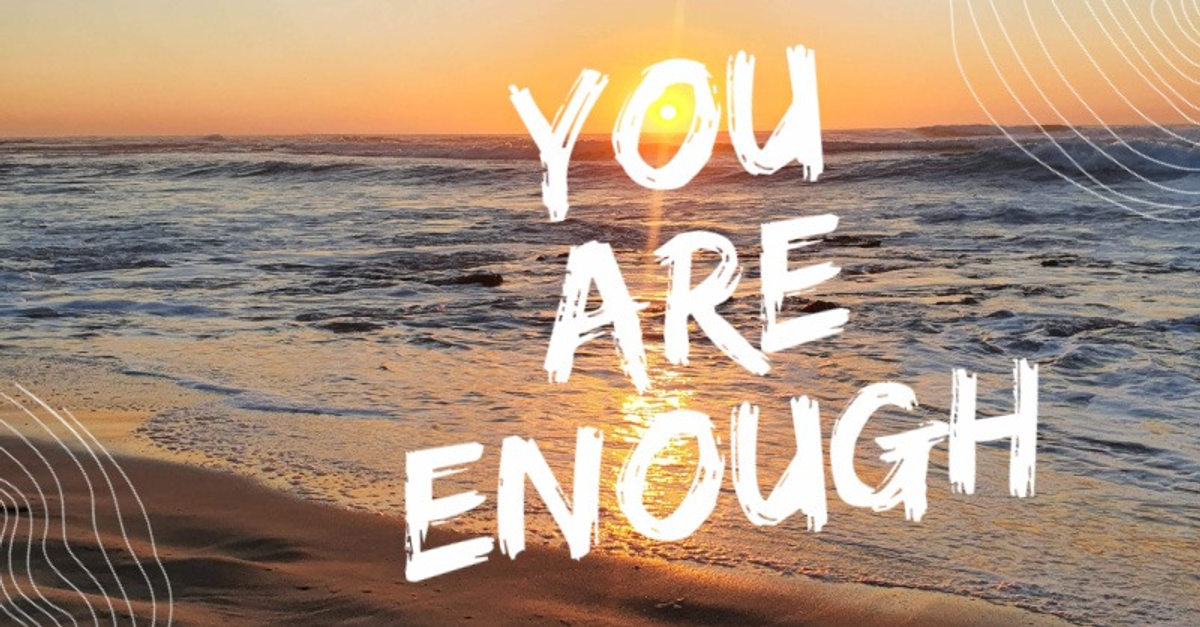Avoid Toxic Comparisons

How often have you found yourself saying “This is great…if only I had more.”
Seeing someone in some job better than mine and thinking: “If I had that job, I would be truly happy.”
Feel free to substitute job with, oh, say, Harley Davidson - well in my case.
I know I am not alone. There is even a term for this! It’s called “Social Comparison Theory.” It was developed in the 1950s by a guy named Leon Festinger. The idea goes like this, according to Psychology Today:
People constantly evaluate themselves, and others, in domains like attractiveness, wealth, intelligence, and success. According to some studies, as much as 10 percent of our thoughts involve comparisons of some kind. Social comparison theory is the idea that individuals determine their own social and personal worth based on how they stack up against others.
Also, breaking news. This is (mostly) bad for you! Again, Psychology Today:
Later research has shown that people who regularly compare themselves to others may find motivation to improve, but may also experience feelings of deep dissatisfaction, guilt, or remorse, and engage in destructive behaviors like lying or disordered eating.
I would love to meet the people who, when they compare themselves to others, feel only a “motivation to improve” and none of the bad stuff. You are truly blessed!
Comparing myself to others mostly works as a buzzkill for me.
Which is foolish. For two reasons.
Most of us ONLY compare ourselves to those we deem more successful than us.
If your measure of wealth is Jeff Bezos, you will always come out on the short end of the stick. The same goes if your standard of success in, say, sports is LeBron James. You are setting yourself up for failure—or at least feeling bad about yourself.
I have no real idea what is happening in anyone else’s life. Maybe the person I am envious of is living their best life. Maybe everything is perfect for them. But, in my experience, one of two things is probably true:
a) they wish they were the person doing a bit better than they are and/or
b) they have their own dramas — that you never see — that they have to deal with in their lives.
That’s the thing about comparing yourself to others. It’s ALWAYS an apples-vs.-oranges thing. You know everything (or, at least, most things) about your own internal life and context, and you know nothing (or, at most, a tiny amount) about anyone else’s internal life and context.
What you do see of their lives online - Facebook, Insta, TikTok etc - is their life's highlights reel. Comparing your everyday life events to someone else's highlights reel is never going to be helpful, fair, or realistic.
You are comparing your real reality with someone else's perceived reality. That perceived reality NEVER matches up to actual, lived reality.
In essence, we are comparing our worst version of ourselves with the best version of someone else. No wonder we always think we come up short.
In thinking about this in my own life, I’ve realised that the real issue isn’t even comparing myself to others. It’s how I define success.
If success is measured by how much money you make or any other quantitive measure, there is ALWAYS going to be someone who outdoes you—probably lots of someones. Someone is always richer, smarter, or better-looking.
The key to happiness — or, maybe better put, contentment — is to redefine success away from the material things you have and onto how you move through the world.
Are you a good partner to your significant other? A parent that your kids can look up to? A friend who is there when people need you? Someone that people can rely on and depend on?
Because, of course, when you die, your stats — money made, YouTube views etc. — will not be on your gravestone. (f you do put those things on your gravestone, well, weird.) Those things will eventually — and sooner than you think — be gone.
What will persist is the mark you left on the people you came into contact with over your lifetime. And that has far less to do with how much money you made or what accolades you racked up than it does with how you lived your life.
To that end, I have been thinking of Albert Einstein's quote a lot lately:
“Strive not to be a success, but rather to be of value.”
With credit to Chris Czilla for his thoughts on this.


